|
(This article was first posted on enCourage. See original link here).
It was my sophomore year of high school, and I was sitting around with my cross-country team listening to the older girls compare fat grams in bagel brands. If you have ever looked at bagel labels, you know that there is not any difference worth noting—unless you are obsessed with your weight. The Lies of Appearance and Achievement Little did I know how influential that conversation, and many more like it, would become in my life. Add to that the billboards, magazines, and other media that boasted model-thin women all around me, and I bought into the lie “I have to look like ‘her’ in order to be beautiful.” At the same time I was running cross-country, I was also playing basketball. Unlike the girls on my cross-country team, my teammates could down a fast-food burger in no time at all and not think twice about it. And my coach certainly thought I could use a few burgers myself in order to put on some weight for my position as forward or center. Add to that the fact he could fire off a cuss word, stomp his feet, clap his hands, and throw water, attempting to motivate us to play better and harder and I began to believe another lie: “My worth is based on my outward performance.” Failure to perform well led me to inflict punishment on myself—if I didn’t live up to my coach’s expectations, then I didn’t deserve to eat. These twin themes of body image and performance are still at the heart of young women’s search for beauty and worth today. But it is not just young women. Women of all ages struggle with defining their significance by their appearance and achievements. Confronting the Lies By the time I reached seminary at the age of twenty-one, I really wanted my addiction to thinness and fitness to be over. I recognized my sin of trying to serve two masters. I realized that fitness and food had become idols in my life. I knew this because I had to exercise and eat healthy every day in order to feel good about myself. Somewhere along the way, I started relying on exercise and healthy eating for my hope and happiness, my significance and security. Since seminary days were filled with an immersion of studying Scripture, I was at a great place for healing. The hope that I had not found in a secular counselor’s office, a support group for those battling addictions, or a nutritionist’s office, I found in the Word of God. It cut through the lies and gave me truth upon which to stand. But there was another dimension that was just as important as being immersed in truth, and that was being surrounded by the community of believers, some of whom I confided in regarding my addiction. This was helpful in numerous ways. First, I wasn’t fighting alone. My sisters’ prayers, accountability, and encouragement were of great benefit to me. Second, when I confessed my sin to the Lord and to my sisters, it didn’t seem to hold as much power over me. My sin was exposed and I began to see it for what it really was—lies I had believed. My worth isn’t based on my outward appearance. It is based on the person and work of Jesus Christ. And my worth isn’t based on my outward performance. It is based on the perfect performance of Christ on my behalf. The Hope of the Gospel It is the gospel that set me free—and continues to set me free whenever I am again tempted to believe the lies. In a culture where we often compliment external beauty, even in the church, I needed someone to remind me that I’m not pretty apart from Christ, and no number of makeovers or designer dresses will fix that. Apart from Christ, I am ugly and dead in my sins. I also needed someone to tell me that I will never perform perfectly and to seek perfection is futile. Christ alone is perfect. Knowing the truths that I didn’t have to be thin and fit to be loved; that I didn’t have to perform perfectly to be accepted; and that I am beautiful, loved, and accepted in Christ because Christ has performed perfectly and died for me was tremendously freeing. Perhaps you are ensnared in an addiction today. The book of Proverbs tells us that addictions are like having a feast in a grave (see 9:13–18). We think we are in the midst of a feast when we are actually in the midst of a famine. Through my newest book, Never Enough: Confronting Lies About Appearance and Achievement with Gospel Hope, I want to invite you to exchange the lies for the truth and to rest in Jesus Christ. He is our hope and happiness, our security and significance. Editor’s Note: *This is adapted from the “Introduction” in Sarah Ivill’s newest book, Never Enough: Confronting Lies About Appearance and Achievement with Gospel Hope. Grand Rapids: Reformation Heritage Books, 2019.
0 Comments
Your comment will be posted after it is approved.
Leave a Reply. |
Bible Studies & Books by
|
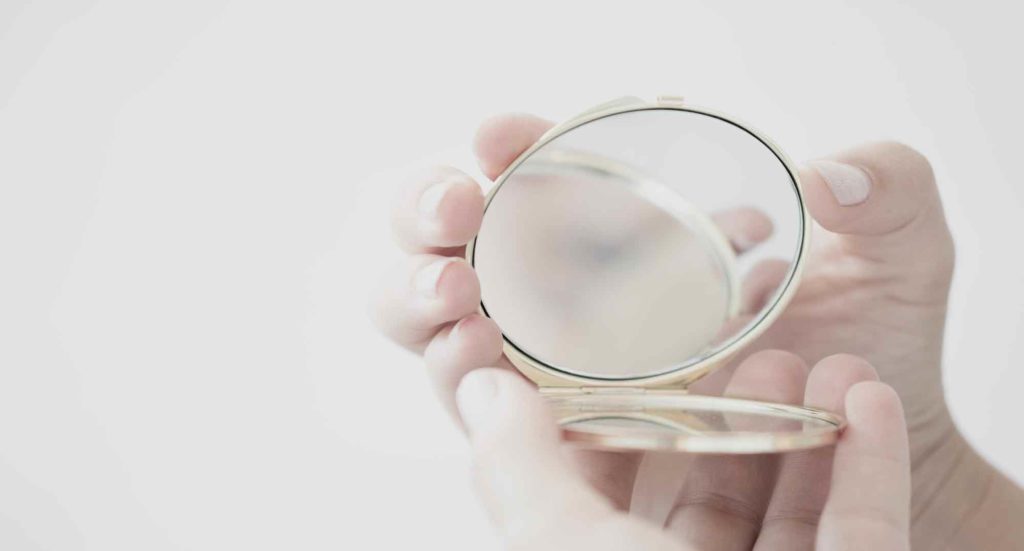
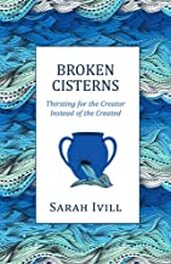

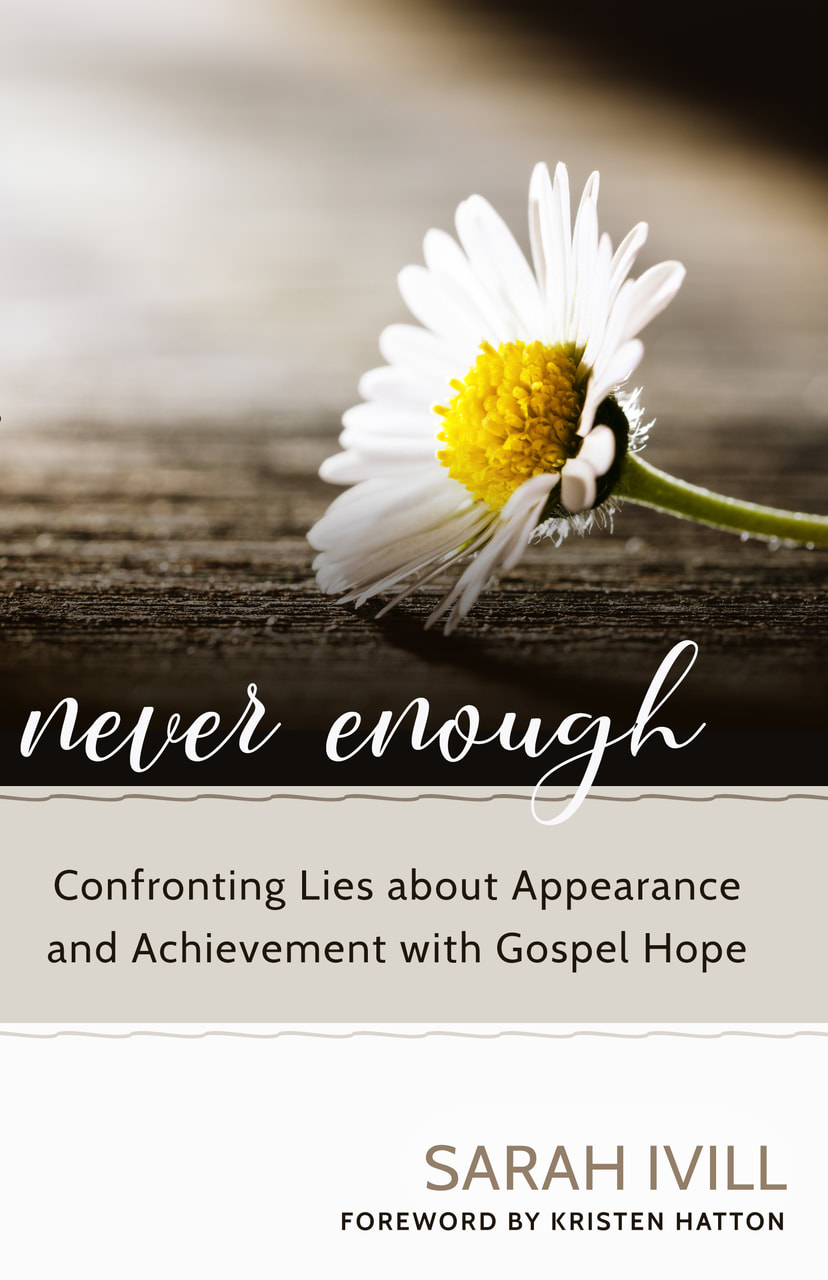
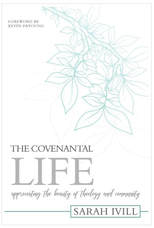
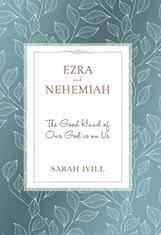




 RSS Feed
RSS Feed
